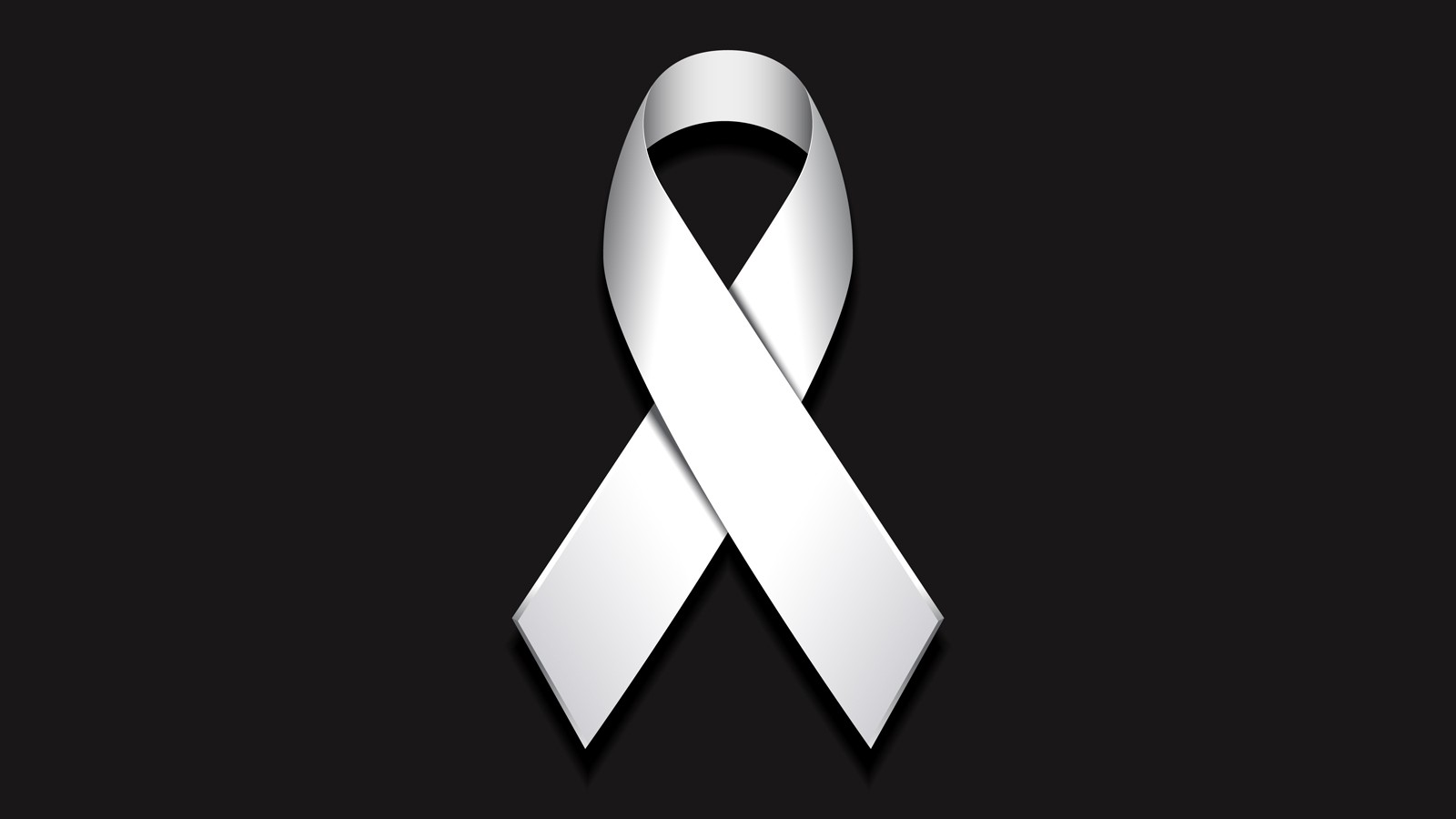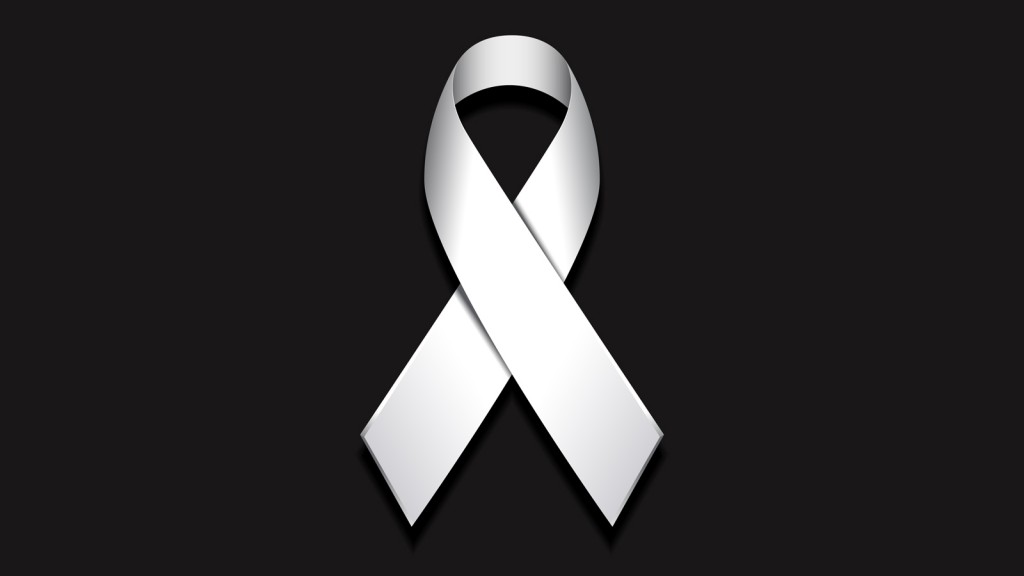 Thursday was the National Day of Remembrance and Action on Violence Against Women, marking the 23rd anniversary of the Montreal Massacre.
Thursday was the National Day of Remembrance and Action on Violence Against Women, marking the 23rd anniversary of the Montreal Massacre. 
Thursday was the National Day of Remembrance and Action on Violence Against Women, marking the 23rd anniversary of the Montreal Massacre.
When Wendee Kubik first began teaching 16 years ago, almost everyone in her women’s studies classes knew about the Montreal Massacre.
Now, 23 years after 14 women were targeted and murdered at Montreal’s L’Ecole Polytechnique on Dec. 6, 1989, fewer hands go up when Kubik asks her students if they know about the mass murder.
“It could be about 10 have heard about it,” said Kubik, associate professor in Brock’s Centre for Women’s and Gender Studies. “Maybe they don’t know a lot about it, but they’ve heard about it.”
That’s Kubik’s cue to fill in any blanks about an event that was pivotal in highlighting how much of an issue sexism violence against women really was – and still is – in Canadian society. It’s an event that also led to the creation of the Centre for Women’s and Gender Studies at Brock.
Thursday, Kubik and others gathered to remember the victims of the Montreal Massacre at a candlelight vigil at the University and mark the National Day of Remembrance and Action on Violence Against Women.
Polytechnique, a film about the murders, was shown and a discussion was held afterward.
Kubik also spoke about the 600 aboriginal women in Canada who have gone missing or been murdered in the past 20 years. In August 2011, the province of Manitoba, RCMP and Winnipeg Police launched the Manitoba Integrated Task Force for Missing and Murdered Women to investigate.
Despite fewer of her students knowing or remembering the Polytechnique tragedy, it still resonates with them, Kubik said.
“The room gets so quiet (when I talk to them about it),” she said. “You can almost hear a pin drop. A lot of women can relate because that’s them. They’re in university now and they say ‘She was as old as I was.'”
Still, in the years since, Kubik has seen progress made to end violence against women.
One telltale sign: “You’ll probably see a man wearing a white ribbon today,” she said.
It’s a symbol that the person wearing it is not only against violence against women but is committed to speaking out against it, too.
“We see more and more men challenging things that are misogynist today. We’ve got more feminist men today,” Kubik said.
And she credits the National Day of Remembrance with playing a role, no matter how many years pass since the tragedy that forced its inception.
“It’s just a time to stop, to think and reflect, and see how far we’ve come and where do we need to go,” Kubik said.










